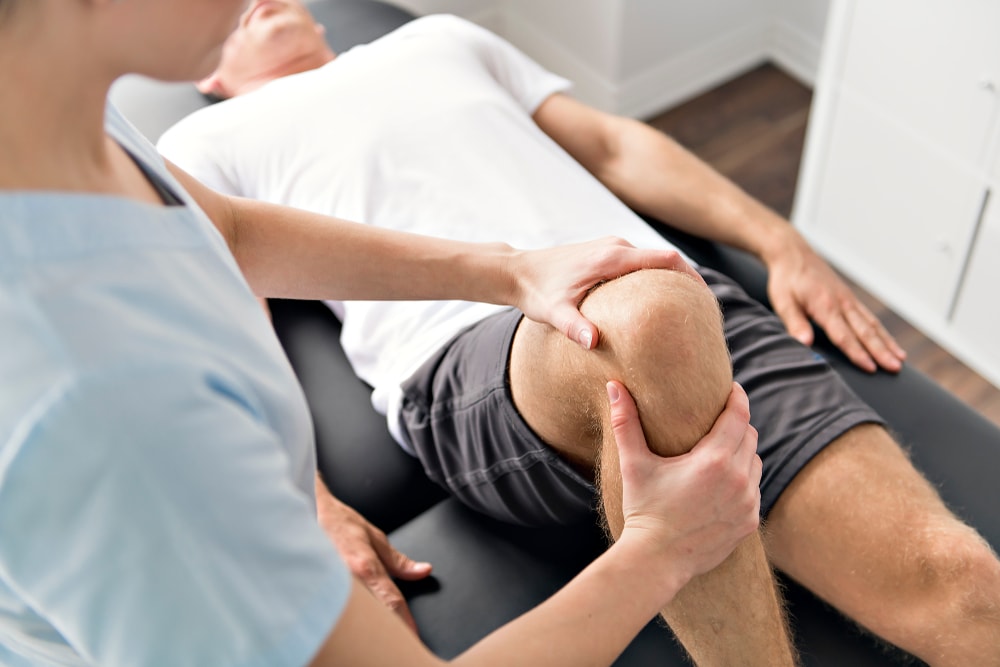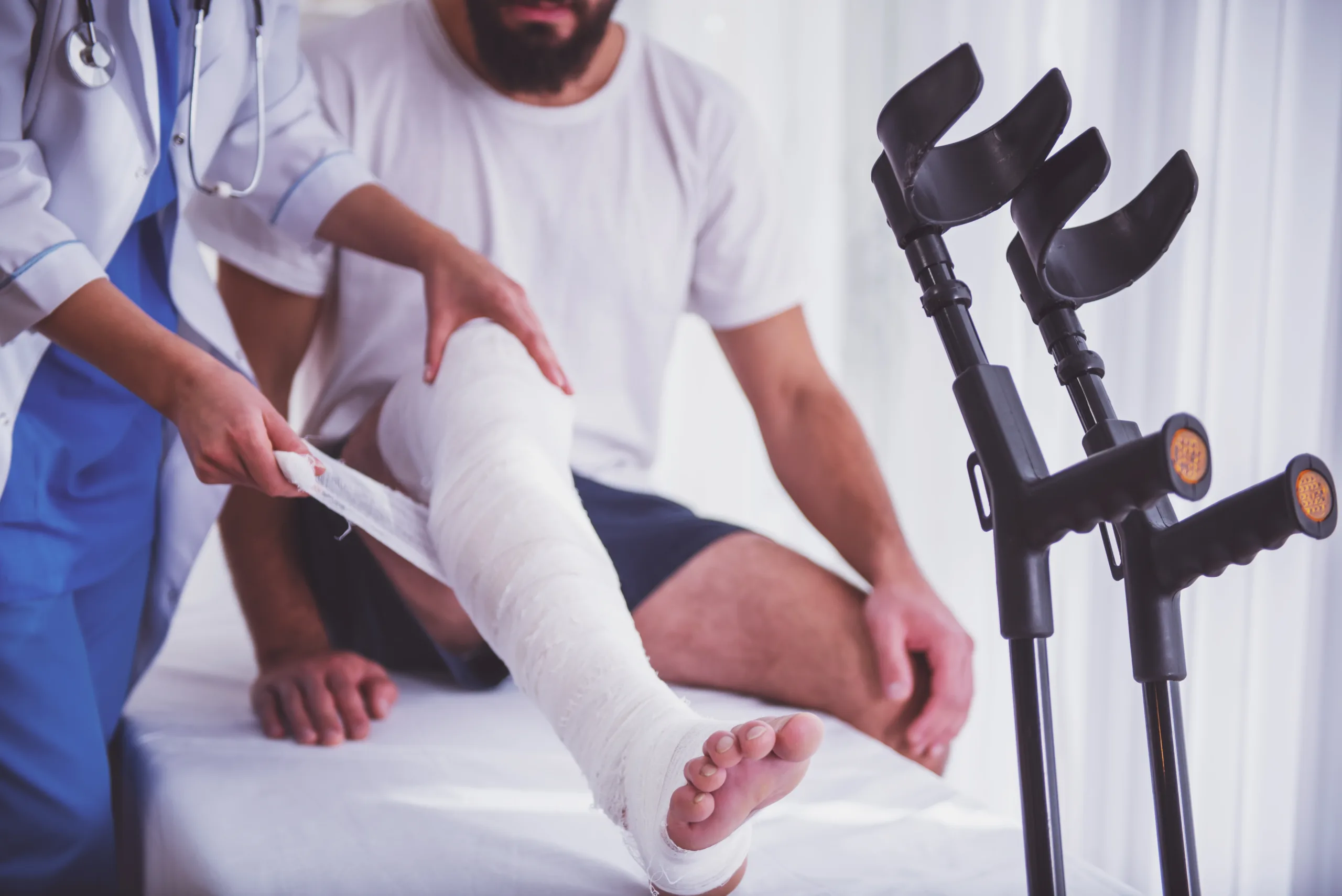While some individuals quickly realize that they sustained injuries in a car accident, others do not show any immediate symptoms. It is always important to get a medical evaluation after a car accident and to stay alert for signs that do not manifest themselves until hours or days after a crash. Vehicle collisions all happen differently, and the human body takes time to develop a noticeable pain after a shocking blow.
Having a full checkup immediately after an accident is a good idea. Medical attention allows doctors to detect injuries before the symptoms appear. Additionally, visiting a doctor right away can help individuals avoid challenges with insurance claims. Most of the time, medical professionals warn people to stay on alert in case there are signs of a more grievous fracture. These are some of the symptoms that you shouldn’t ignore after a car accident.
Headaches and Dizziness
Headaches and dizziness could indicate a concussion, whiplash, or a neck injury. These symptoms may not show up until hours or days after the accident. Headaches could also mean a traumatic brain injury. Ignoring these symptoms could prove to be fatal. Any sign of cognitive damage should get treated at the nearest emergency room. You can always get your treatment covered through insurance or a settlement.
Have your loved ones keep an eye on your behavior for the next few days. A head fracture in an accident could mean memory loss, trouble pronouncing words, or difficulty walking. These are all symptoms of something more serious that requires medical attention and possibly an MRI.
Neck, Shoulder, and Back Pain
Pain in all of these areas could indicate a spinal injury, soft tissue damage, or whiplash. Tingling or numbness along with back pain may mean that a person has a pinched nerve. Some of these afflictions are more long-lasting than others, but if left untreated any back injury could lead to losing the ability to move. Untreated back ailments often mean that individuals can no longer live their lives to the fullest extent. Seeking treatment could help a person avoid future mobility challenges and debilitating discomfort.
Numbness or a Tingling Sensation
It is not uncommon for a person to walk away from an accident with no symptoms and then experience numbness or a tingling sensation in some part of their body later on. This could indicate a pinched nerve or a herniated disc. Endorphins are high when a crash happens, so your body may not react right away. As your muscles adjust, new pains can pop up throughout your limbs. It’s important not to dismiss these signs as regular pains and see a physician as soon as possible.
Emotional Distress
It may be challenging to detect the emotional impact a car accident can have on a person. It is not uncommon for individuals to experience post-traumatic stress disorder in the days and weeks following a violent mishap.
Signs of emotional distress to watch out for include:
- Memory loss
- Changes in appetite
- Relationship problems
- Difficulty sleeping
- Panic attacks
- Lack of motivation
Emotional distress after a car accident is severe. It can lead to depression, anxiety, sleep disorders, and many other challenges. Working closely with the doctor after a disaster is vital for treating emotional distress. A doctor may recommend therapy or medication to help a person overcome these challenges.
While some individuals think that they are uninjured after a car accident, they can easily miss essential symptoms that indicate severe health conditions. Watch out for the signs mentioned above after a car accident and seek medical help immediately.
Call a Louisiana Accident Lawyer for Help
Delayed symptoms from a car accident are common, but it is sometimes difficult to get compensation from insurance companies. Schedule a free case review or call E. Orum Young at 318-450-6453. Our lawyers have decades of experience in personal injury law and can help you obtain the redress you need to recover from your accident.





